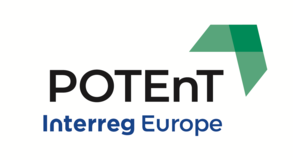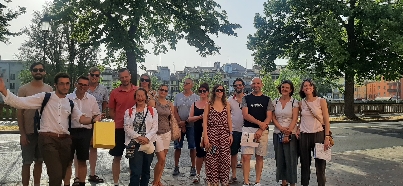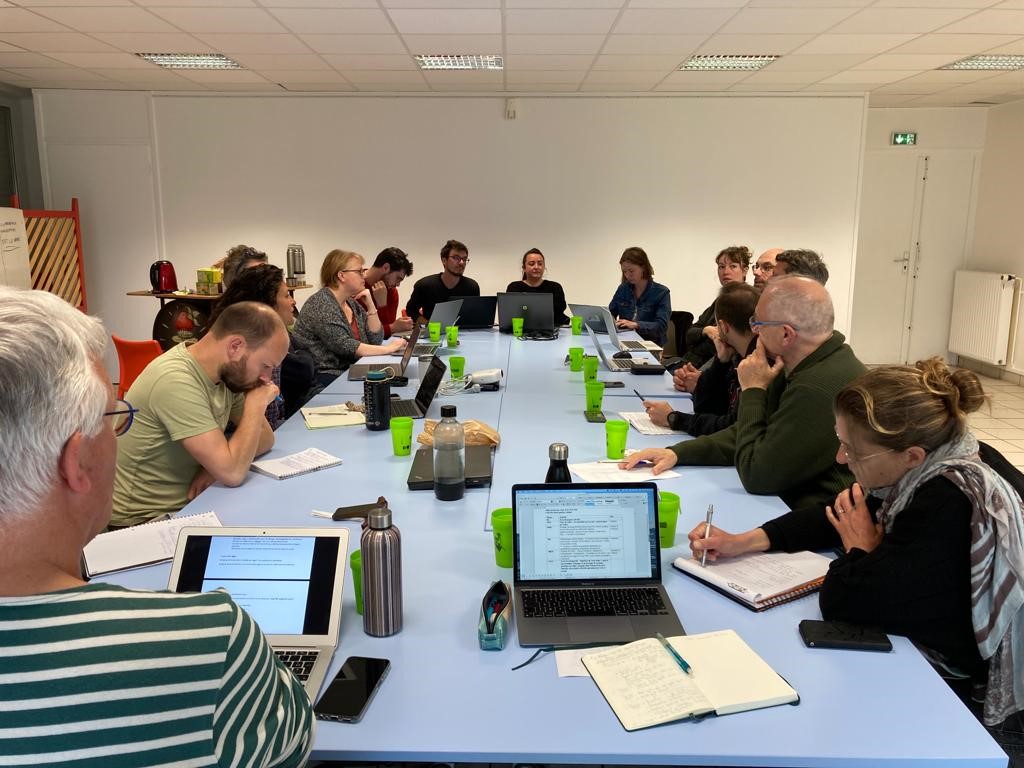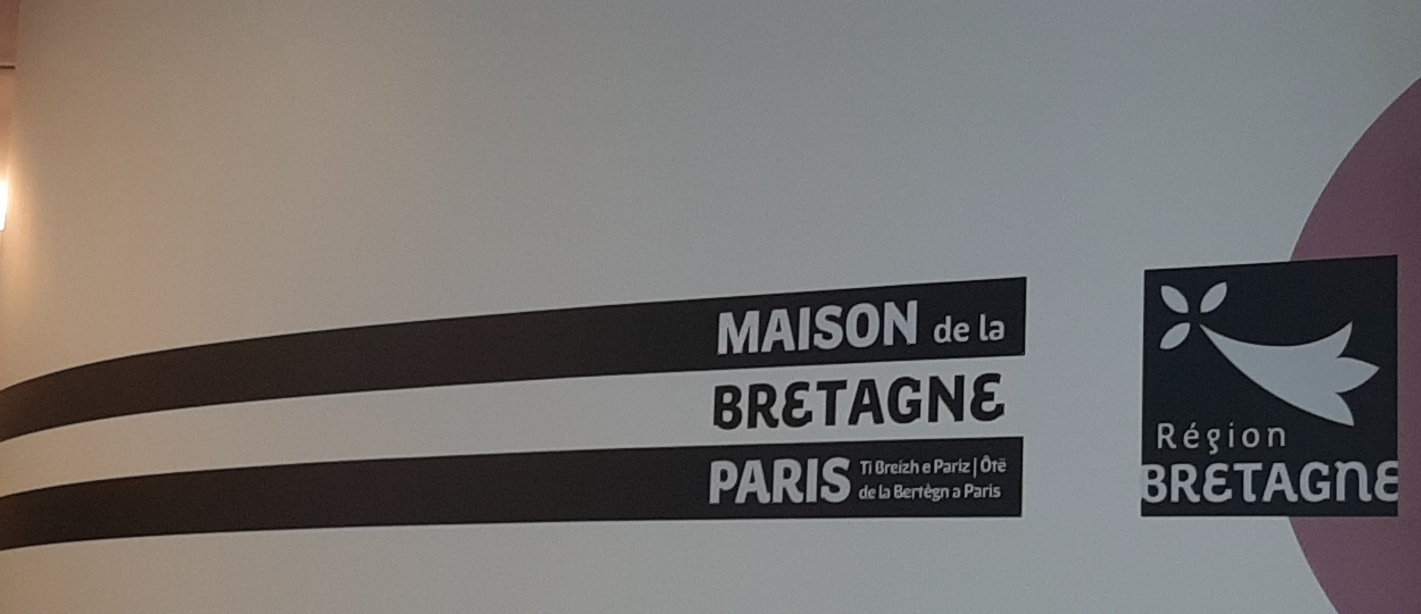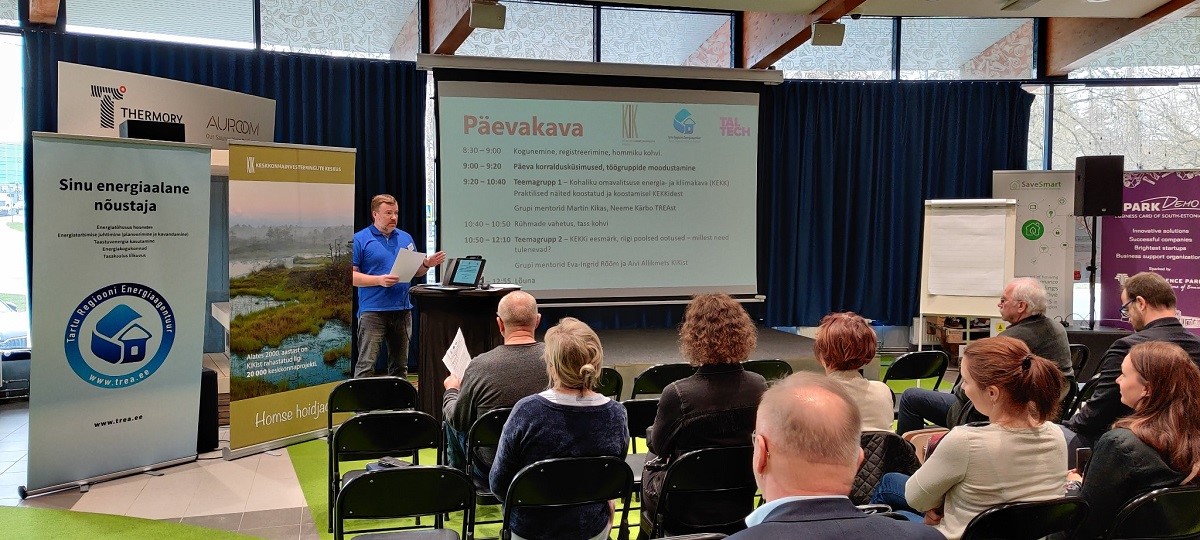National Energy and Climate Action Plan was approved by the Estonian parliament in December 2019. The document does not include any new obligations (rather it compiles many existing targets and activities of the national climate and energy policy to one comprehensive document), however the approval of the action plan is more than a formal step for fulfilling the obligations of EU 2018/1999 directive. It also helps to legitimize the integrated energy planning approach and enables the local administrations to shift the planning paradigm towards including social, environmental and economic aspects to the supply-demand energy planning methodology, dominating the energy planning in the country.
National SECAP is not the first sustainable energy plan in Estonia. City of Rakvere prepared their Sustainable Energy Action Plan (SEAP) as their obligation of joining Covenant of Mayors movement in 2010. Tartu Regional Energy Agency in Southern part of Estonia has helped to prepare the SEAPs for 5 municipalities in the country – small and large. As a supporting member of Covenant of Mayors, the agency has adapted the SEAP methodology as a standard for sustainable energy planning on local level and is advising the institutions on making their energy plans more inclusive. Now the agency is suggesting the municipalities to take even more ambitious goals by including the climate topic to the SECAP preparation for City of Tartu.
The sustainable planning methodology is not accepted by national institutions in Estonia (and in many EU countries) for municipal energy planning. Institutions are using and promoting a classical demand-supply methodology that is not addressing the environmental and social dimensions of the energy sector. It is very limited approach and arguably not suitable for shifting energy sector towards low-carbon economy. Accepting the National SECAP on the highest level is the first sign of the long-awaited change in the planning paradigm.
Tartu Regional Energy Agency has been supporting the development of National SECAP and is promoting the integrated planning methodology among the Estonian municipalities using the INTERREG funding from the POTEnT project.
